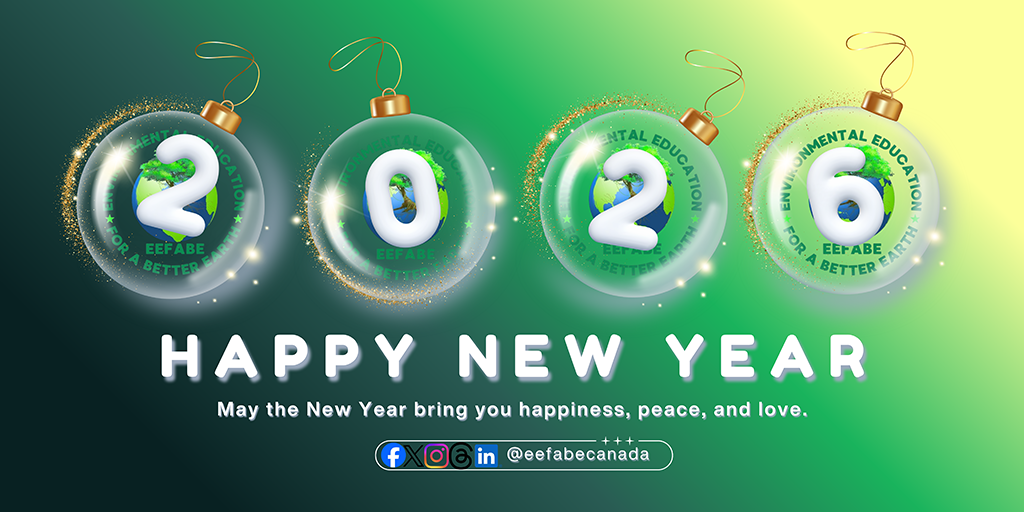Plastic pollution has emerged as one of the most pressing environmental challenges of our time. From clogging our oceans to infiltrating food chains through microplastics, its effects are visible, urgent, and global. However, as overwhelming as the issue may seem, efforts at both the grassroots and international levels are gaining momentum to tackle this crisis. From local to global: The urgent fight against plastic pollution must be inclusive.
The Scope of the Problem
Plastic is everywhere in modern life. From packaging and grocery bags to fishing nets and textiles. However, its durability and widespread use have led to significant environmental issues. Microplastics, which are tiny fragments of degraded plastic, have been found in drinking water, the air we breathe, and even in human blood. Plastic pollution transcends borders, affecting ecosystems and communities worldwide.
A Global Response: The UNEA Resolution
Recognizing the magnitude of the crisis, the United Nations Environment Assembly (UNEA) adopted Resolution 5/14 in March 2022: “End plastic pollution: Towards an international legally binding instrument.” This historic resolution laid the foundation for a global treaty to combat plastic pollution across its entire life cycle. That is, from production to disposal. The goal is to craft a binding international legal framework that promotes sustainable production, encourages circular economy models, supports innovation, and holds polluters accountable.
The Intergovernmental Negotiating Committee (INC) Process
Following the resolution, the Intergovernmental Negotiating Committee (INC) was formed to draft a comprehensive treaty by the end of 2024.
Since then, several major sessions have taken place:
INC-1: Held in Uruguay (Dec 2022), where governments and stakeholders aligned on goals and guiding principles.
INC-2: Took place in Paris, France (May–June 2023), emphasizing transparency and the need to curb plastic production.
INC-3: Convened in Nairobi, Kenya (Nov 2023), advancing the Zero Draft of the treaty and stressing binding commitments.
INC-4: Hosted in Ottawa, Canada (April 2024), which saw debate intensify around plastic production caps and extended producer responsibility (EPR).
INC-5.1 in Busan: Progress and Challenges
The first part of the fifth session, INC-5.1, took place in Busan, South Korea, from November 25 to December 1, 2024. Delegates from over 170 countries gathered to work on a global treaty to tackle plastic pollution. While there was progress, many challenges still need to be addressed.
Key Outcomes
Lifecycle Approach: Delegates agreed on the need to address plastic pollution at every stage. From production to disposal.
Support for Developing Nations: Acknowledgment of the need for funding and technology to help less-developed nations manage plastic pollution.
Recognition of Waste Collectors: Emphasis on improving working conditions and providing resources for waste collectors, especially in developing countries.
Challenges
Disagreement on Plastic Production: Some countries, like the U.S., China, and India, were hesitant to agree to strict limits on plastic production, citing potential economic impacts.
No Clear Plan for Funding: Lack of consensus on financial mechanisms to support treaty implementation, particularly for developing nations.
The session concluded with the release of the “Chair’s Text,” which will serve as the basis for further negotiations.
You might like https://eefabecanada.org/plastic-treaty-talks-reach-crucial-turning-point-at-inc-5-1-in-busan/
Looking Ahead: INC-5.2 in Geneva
The second part of the fifth session, INC-5.2, is scheduled to take place from August 5 to 14, 2025, at the Palais des Nations in Geneva, Switzerland. This session is critical for finalizing the treaty’s language and establishing enforcement and financing mechanisms.
Key Issues to Address
Plastic Production Limits: Debate over capping virgin plastic production to curb excess supply.
Regulation of Chemicals in Plastics: Managing hazardous additives and microplastics.
Financial Mechanisms: Developing funding models to support developing countries in meeting treaty obligations.
The outcome of INC-5.2 will significantly influence global efforts to combat plastic pollution and shape the regulatory landscape for businesses worldwide.
From the Streets of Toronto to Global Change
While international negotiations unfold, community-led projects are already driving change on the ground. One such initiative is the Strategic Initiative for Plastic Pollution Reduction, based in North York, Toronto.
Led by Environmental Education for a Better Earth Canada, this grassroots movement mobilizes volunteers to clean up litter, track plastic waste, and pressure companies and policymakers to act. The project also promotes sustainable alternatives, like reusable bag donation banks, public awareness campaigns, and green business incentives.
This local effort mirrors the principles championed in the global treaty process: education, transparency, accountability, and action.
The Way Forward
Plastic pollution is not just a waste issue; it’s a systems problem. It’s about how we produce, consume, and discard. Solving it requires a transformation in our values and policies, and the upcoming global plastics treaty could be our best shot.
But treaties alone won’t save our planet. We need businesses to redesign products, governments to enforce policy, and individuals to change habits. From Geneva to your neighbourhood grocery store, every action counts.
As the world inches closer to a global agreement, now is the time to amplify community voices, support policy change, and invest in a future where plastic no longer poisons our planet. It is important to note that from local to global, the urgent fight against plastic pollution must be inclusive.
Ref: Intergovernmental Negotiating Committee https://www.unep.org/inc-plastic-pollution



